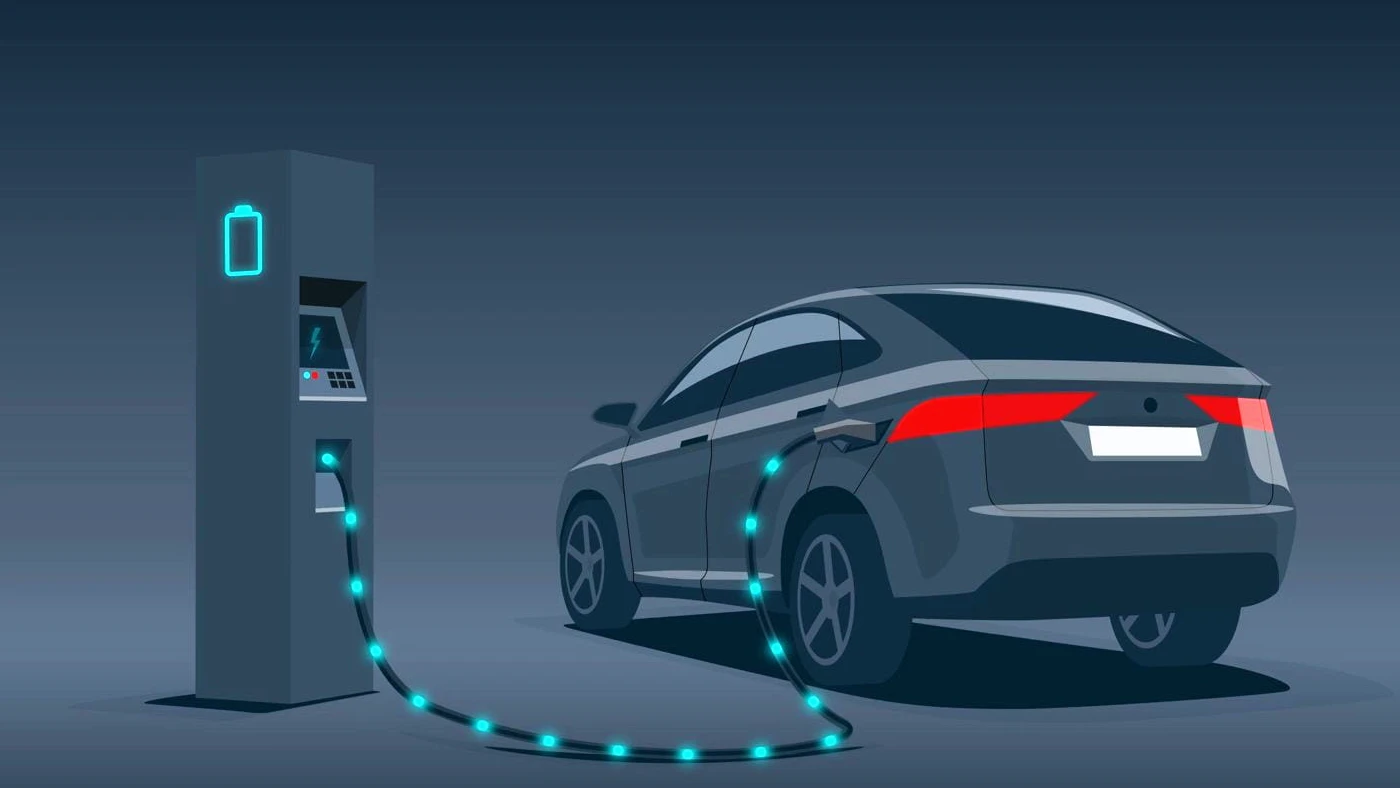BT Group’s start-up and Digital incubation team Etc has powered up its first EV charging unit built from a street cabinet traditionally used to store broadband and phone cabling.
This marks the first step in the rollout of new technical trials, exploring the potential to upgrade up to 60,000 cabinets to help meet government sustainability targets and decarbonise the transport system in the UK.
Developed to help solve EV charging infrastructure needs by repurposing existing street furniture, the pilots will explore how this solution could be scaled to address the lack of chargers on UK roads.
With new BT Group research showing that more than a third (38%) would have an EV already if charging were less of an issue, and with only 53,000 public EV charge points currently on UK roads. the pilot marks an important step in the journey to net-zero.
Etc. has announced its first installation location in East Lothian, Scotland, with further pilots to roll out across the UK in the coming months.
Whilst the UK Government’s ambitions are to increase the number of charge points from 53,000 today to 300,000 by 2030, access to charging is already creating a significant barrier to EV purchase for many.
BT Group’s recent research found that 60% of people think the UK’s EV charging infrastructure is inadequate, with 78% of petrol and diesel drivers saying not being able to conveniently charge an EV is a barrier to getting one.
Through the trials, Etc. will scope a range of different technical, commercial and operational considerations with bringing this EV charge point network online, including:
- Technical – cabinet location, power availability, customer accessibility, digital customer experience and engineering considerations
- Civil planning – location, local council engagement, permissions and physical accessibility
- Commercial – public funding options, private investment, partnership, and wider financial modelling to establish a route to commercial benefit for the Group
- Operational – as a dedicated BT Group venture or in partnership with others
While in its early development stages, the initiative has already been celebrated on the global stage at the Consumer Electronics Show (CES), after being awarded an Innovation Honoree for 2024 for outstanding design and engineering.
The charging solution works by retrofitting the cabinets with a device that enables renewable energy to be shared to a charge point alongside the existing broadband service with no need to create a new power connection.
EV charging can be deployed to cabinets that are in-use for current copper broadband services, or in those due for retirement, depending on the space and power available to the unit. Once the cabinet is no longer needed for broadband, as nationwide full fibre rollout progresses, the broadband equipment is recycled, and additional EV charge points can be added.
This allows re-use of existing infrastructure while deploying more charge points at pace.
Whilst the pilot is being rolled out in the UK, EV charging infrastructure is a global challenge. The US, for example, has only 160,000 public EV chargers currently installed to serve over 2.4 million electric vehicles .
Tom Guy, Managing Director, Etc. at BT Group says
“Our new charging solution is a huge step in bringing EV charging kerbside and exploring how we can address key barriers customers are currently facing. Working closely with local councils in Scotland and more widely across the UK, we are at a critical stage of our journey in tackling a very real customer problem that sits at the heart of our wider purpose to connect for good.”
“This is a key step in our mission to build products and services right now that work for the future, with positive transformation at the heart.”



